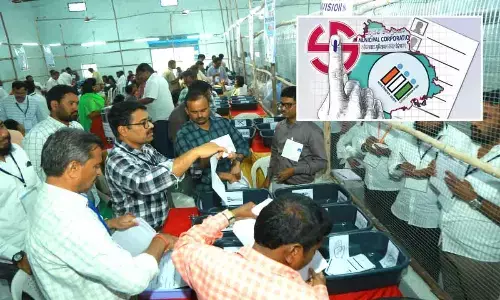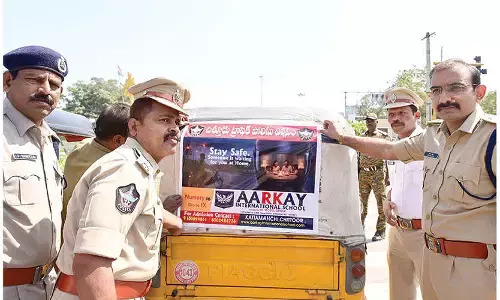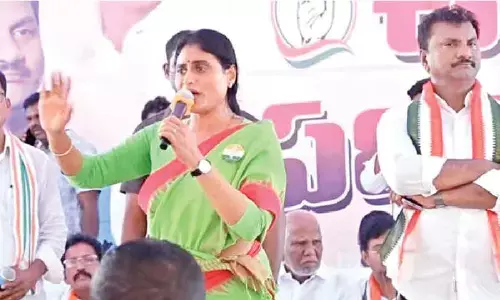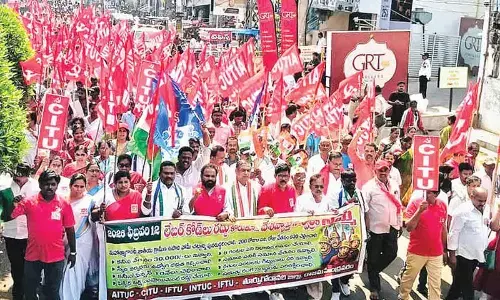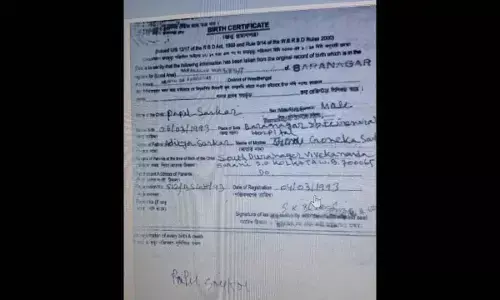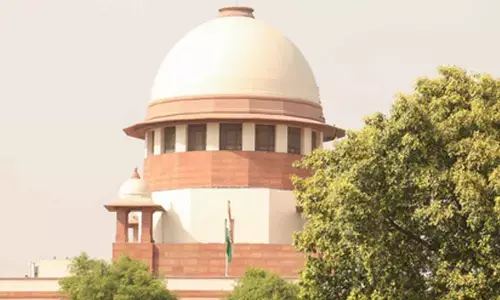Ahead of monsoons, war on mosquitoes declared
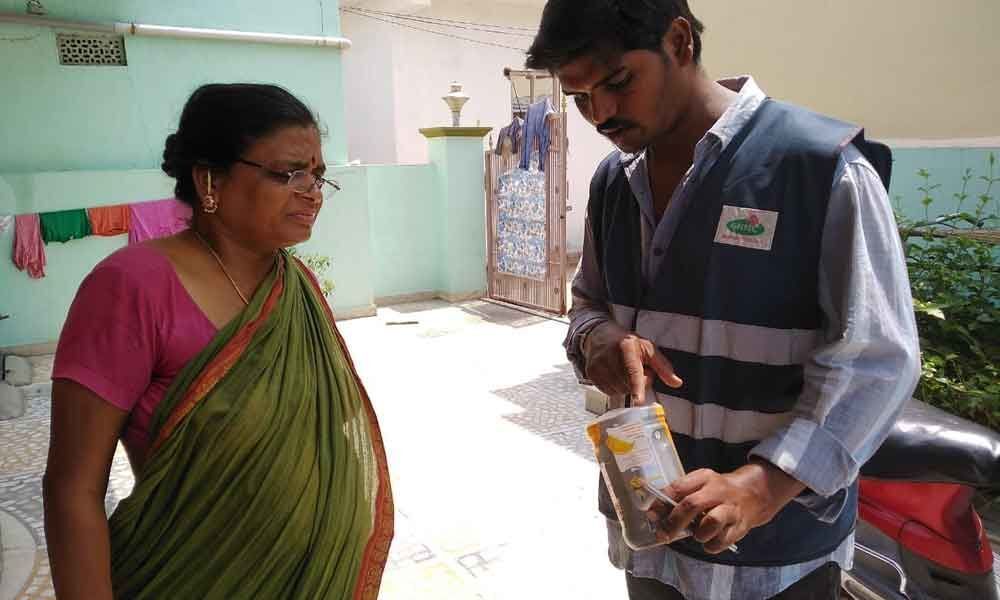
With the fast approaching monsoon, the incipient issue of spreading of water-borne diseases raise the parameter of concern and what is more important to see is the attentiveness of the officials concern in the GHMC as well as in the Health Department.
Rajendranagar: With the fast approaching monsoon, the incipient issue of spreading of water-borne diseases raise the parameter of concern and what is more important to see is the attentiveness of the officials concern in the GHMC as well as in the Health Department.
As usual the question is whether the officials concern have braced up to tackle the post-monsoon issues like spread of mosquitoes and outbreak of accompanying water-borne diseases in the wake of approaching monsoon?
The focal point is that the larvae, that produce the mosquito, starts forming with the pre-monsoon showers and turns into a full-fledge breeding site during the active days of rainy season. This actually helps the larvae to start feeding more actively and to develop further.
"We did observe the entomology staff going around the room to hold anti-larvae operations, but we never seen them fogging the area for long, which is considered to be necessary to check the mosquito spreading.
The Hassan Nagar area stands on the embankment of Mir Alam Tank, and there is a high possibility of mosquito outbreak here with every pre-monsoon shower. Hence, a comprehensive anti-mosquito operations, such as bleaching, fogging and sprinkling of anti-larvae chemicals should be taken up to prevent the mosquito breeding in the event of fast-approaching monsoon," said, Mohammed Jahangir, Area Sabha Member of Hassan Nagar.
The right time to do fogging is only before the formation of larvae i.e., before the pre-monsoon showers. However, the officials concern, especially the staff of entomology department seen nowhere in the areas here applying fogging or anti-larvae bleaching power to check the formation of larvae.
"The best time to get rid of the mosquito menace is the time when the larvae are in the process of formation. Every attempt to prevent the mosquitoes from spreading after formation of the larvae would serve no purpose, but would help only as a temporary relief that last not more than a few minutes," said Anil Kakkad, a resident of Shastripuram Colony under Rajendranagar.
GHMC gears up
When contacted, Assistant Entomologist Udai Kiran has said that as per routine 'Anti-Larvae Operations' are being carried out to check the spread of water-borne diseases, but they have stopped fogging in the area for a month due to the soaring temperatures. "Now, as the temperatures are slowly coming down, we will start fogging activity from Tuesday onwards to check any spread of the mosquitoes," he said.
"Our staff members are going around and inspecting domestic and pre-domestic sources, such a sump, coolers, tyres, pots and coconut shells, to administer the anti-larvae liquids that kill the larvae before their formation.
We inspect the domestic and pre-domestic sources in the day time since this is the best possible moment to kill the larvae before it grows to full length, while the fogging operations are being done only at nights to check the spread of adult mosquitoes, as mosquitoes are largely nocturnal. Besides, we are also taking up anti larvae operations near water bodies under our purview to ensure no mosquito menace causes harm to the people living in the surroundings," he added.


